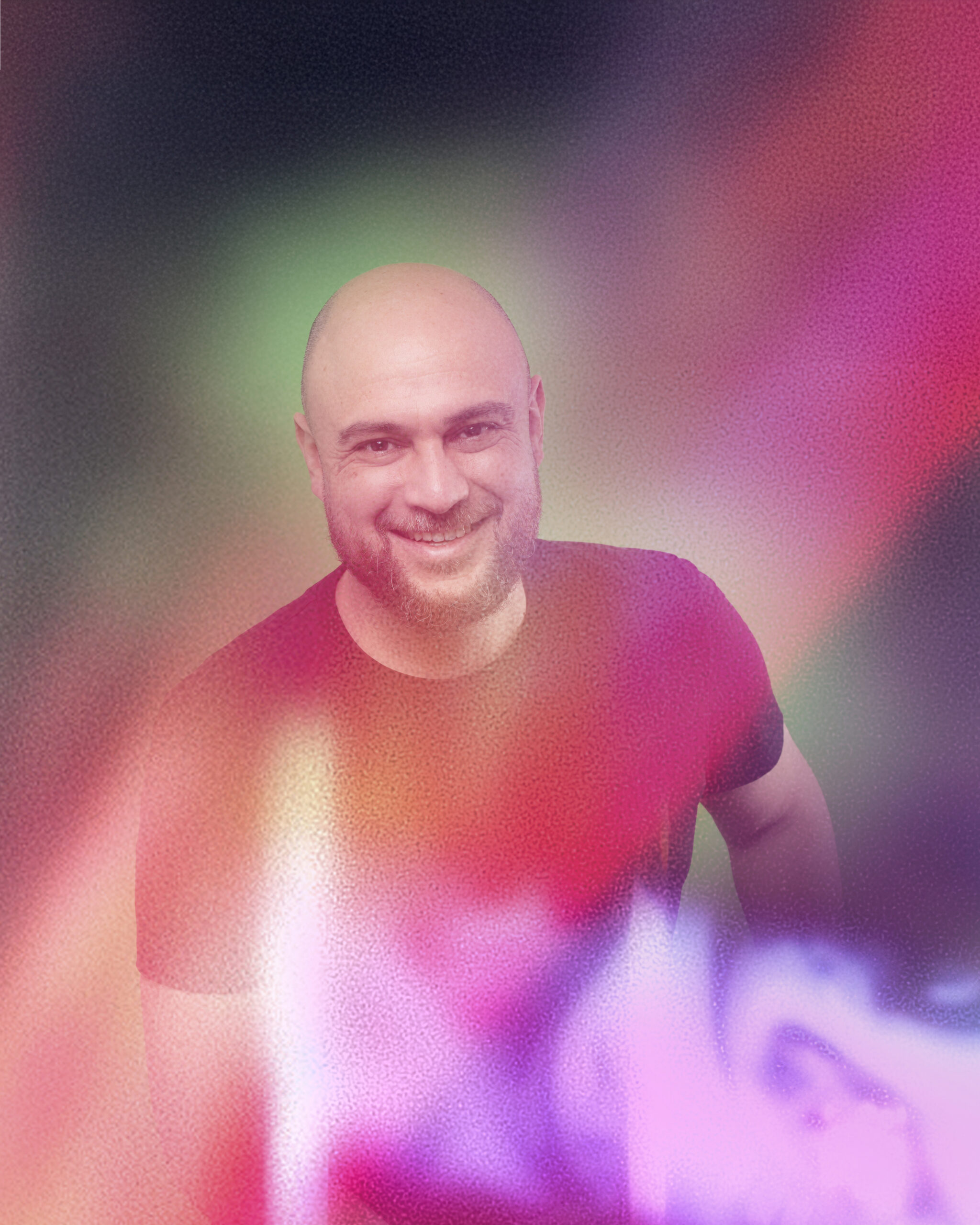While architecture has adopted generative AI after decades of focusing on parametric design, the potential of other generative methods has yet to be fully explored. Genetic algorithms and simulated annealing enable efficient navigation through an enormous solution space, allowing to discover possibilities that might remain overlooked. Swarm simulations encompass opposing creative tendencies, while the constraint satisfaction approach shifts the process to the formulation of limits and boundaries. Even these deterministic approachech, in which the the morphogenetic process is fully understood, offers vast possibilities for emergence without the risk of meaningless outputs or hallucinations.
Ján Pernecký is an architect by education, software developer by profession, entrepreneur by occupation, an artist by passion, and an architecture theorist by aspiration.He is currently co-founder and technological lead of Qubu, a global startup streamlining the design of residential buildings. Previously, he established rese arch, a platform for cultivating architectural theory in Central Europe, which later shifted to support and education in computational design both live and online worldwide. He founded studio Subdigital, which employed parametric design in interactive centerpieces on the edge of art and commerce. With his team, he developed Monoceros – a comprehensive discrete assembly toolkit.In 2012, his exhibition “Asking Architecture” represented Slovakia and Czechia at La Biennale di Venezia. Based in Slovakia, he operates worldwide. He has taught at prominent schools of architecture such as UCL Bartlett in London, die Angewandte in Vienna, IUAV in Venice, and the Daniels Faculty of Architecture, Landscape, and Design in Toronto.
